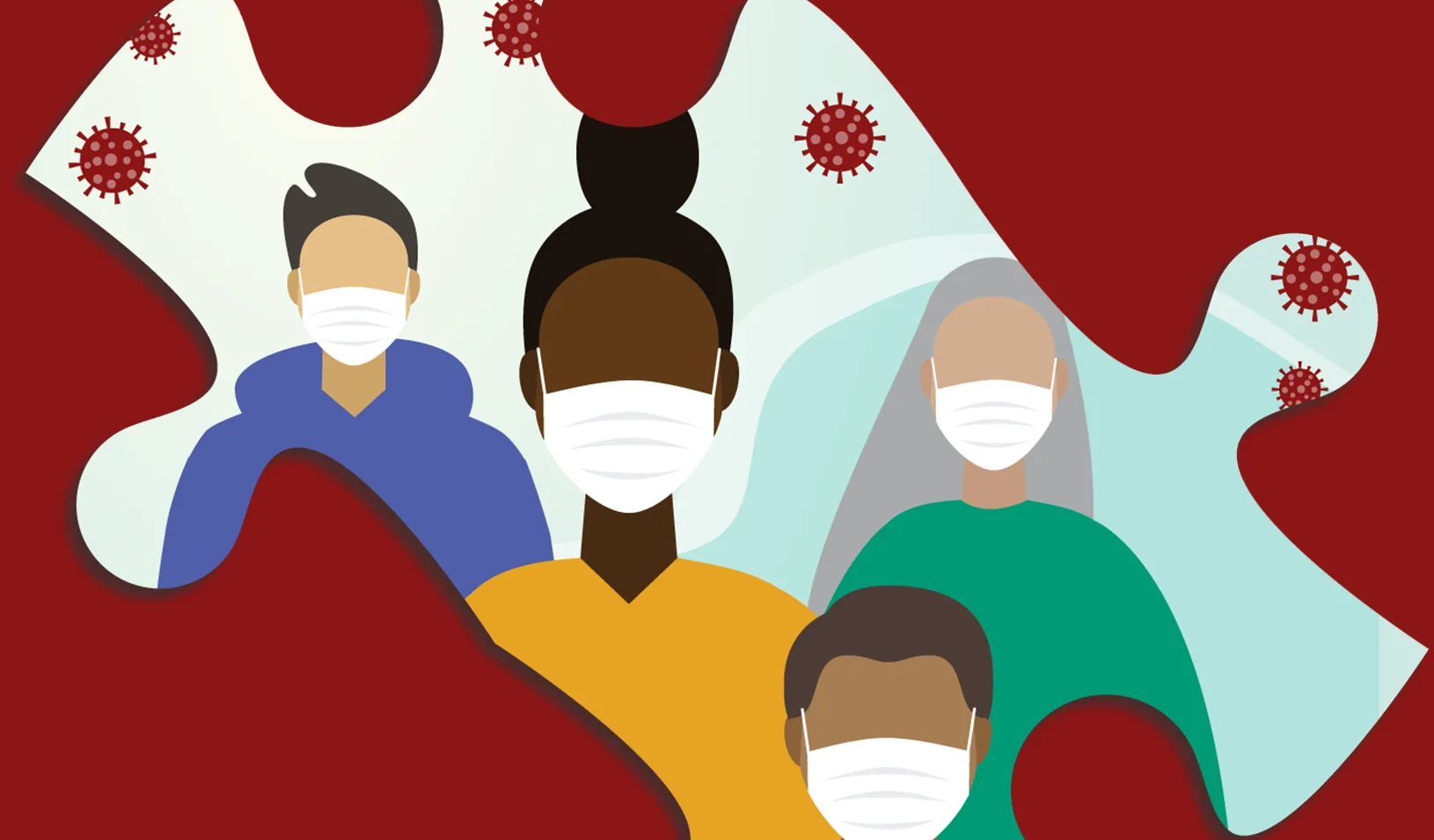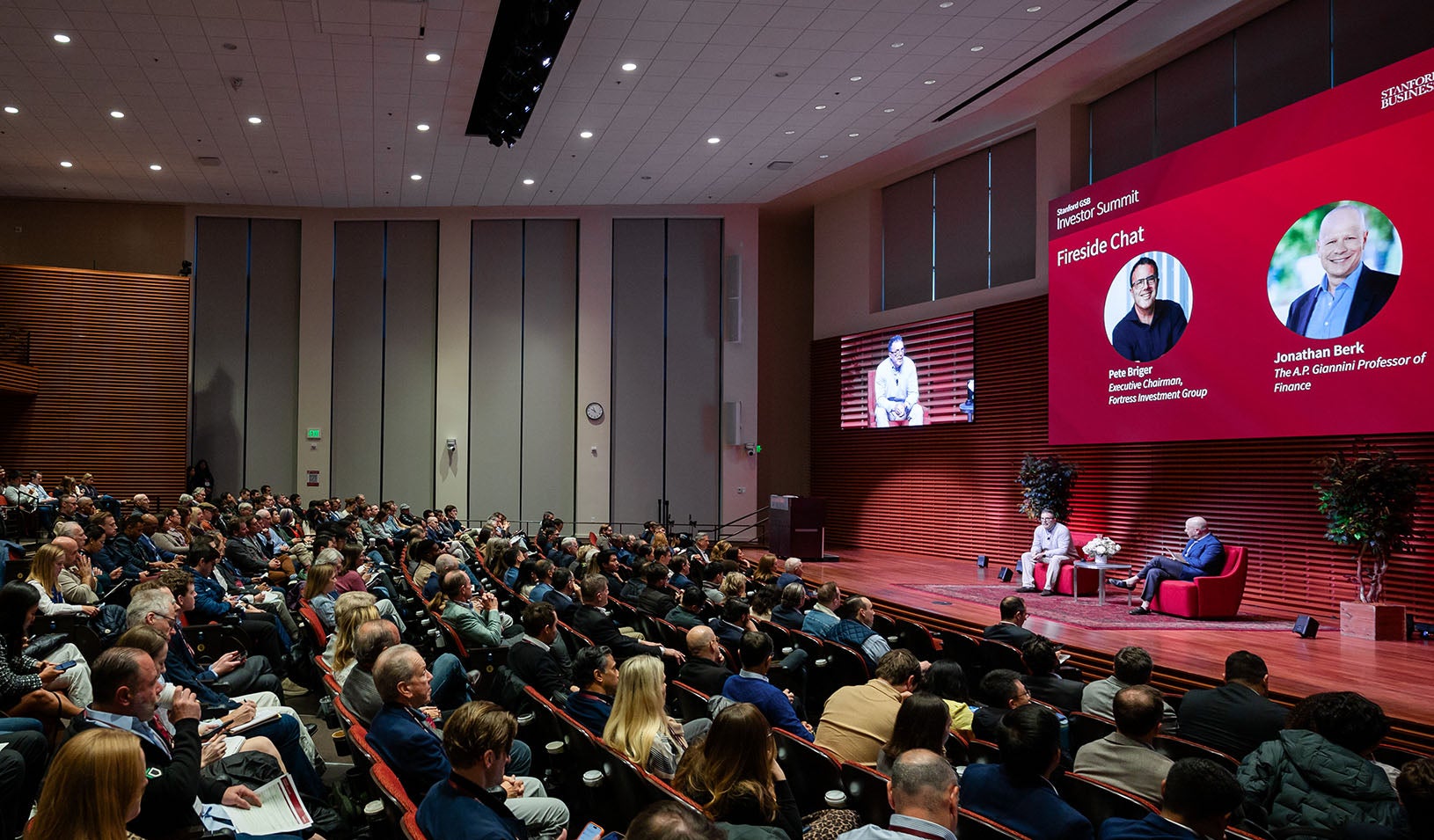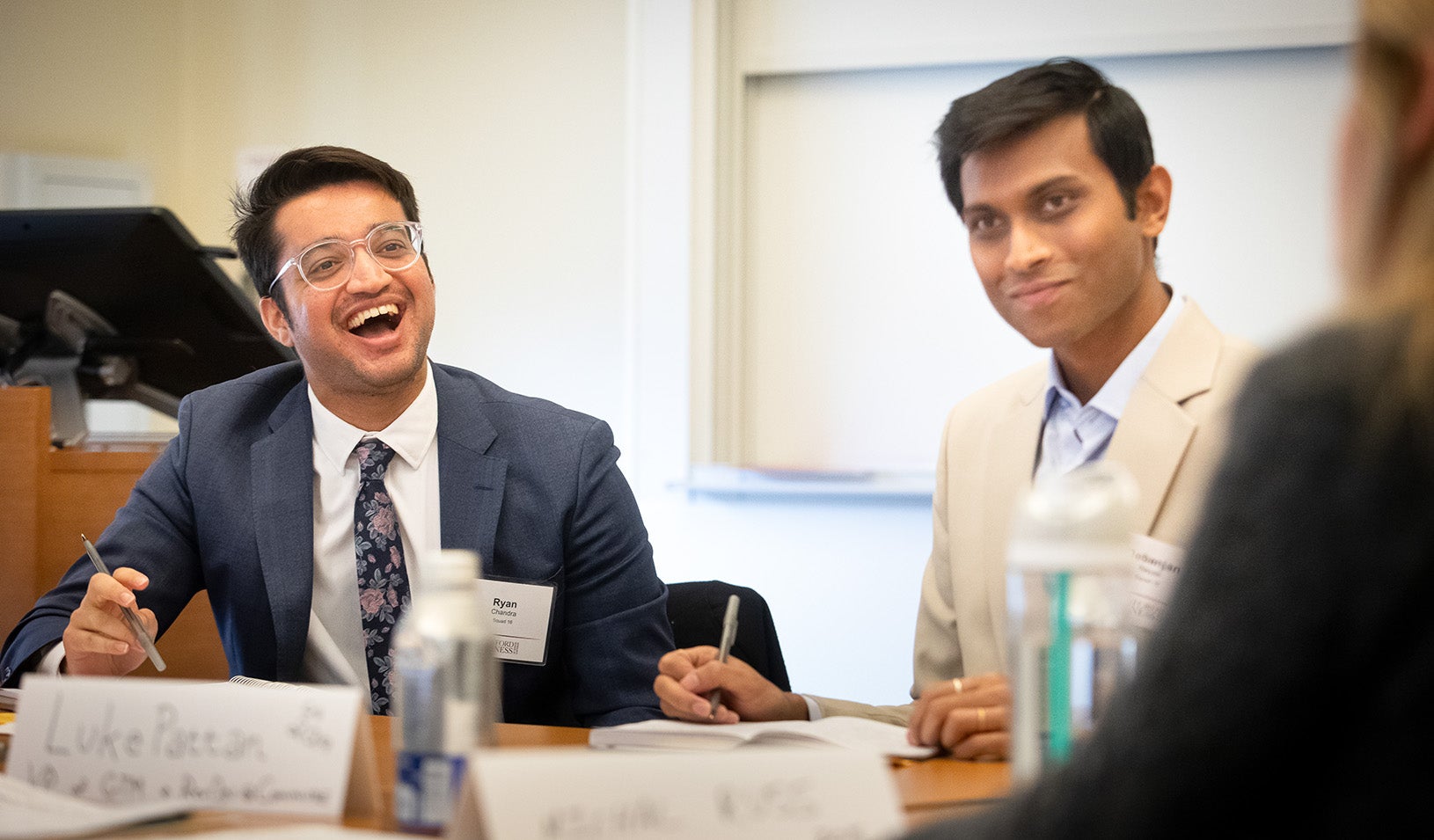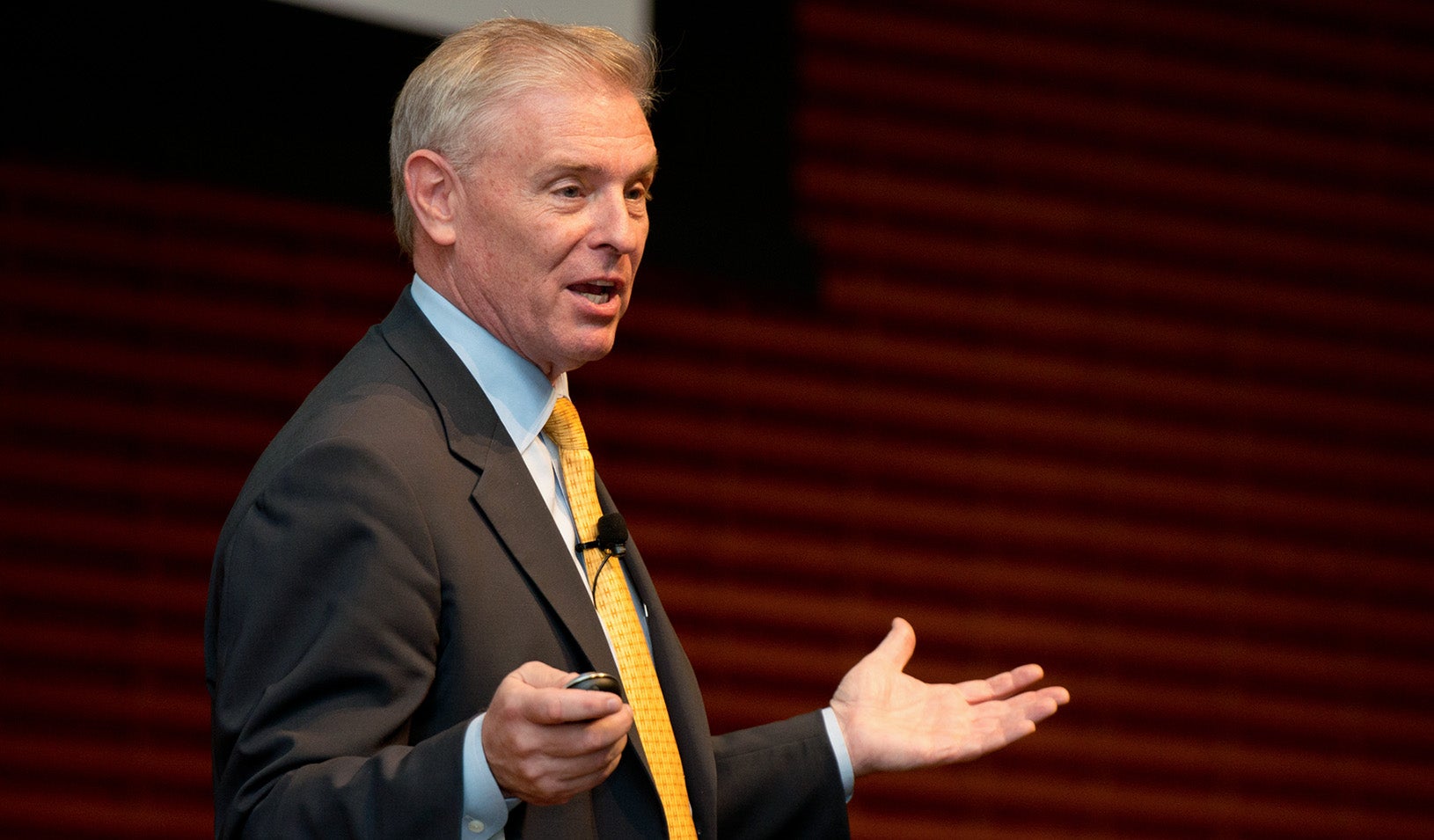August 26, 2021
The Stanford School of Medicine and Stanford Graduate School of Business will convene experts in health care, business, and government to discuss the global response to the COVID-19 pandemic, lessons for recovery, and how to prepare for future health threats.

The COVID-19 pandemic has killed millions, threatened the health of billions, and disrupted every aspect of society. And while its impact will be felt for decades, COVID-19 won’t be the last global threat of its kind. What we do to prepare for the next one is critical.
That reality is the motivation for an ambitious symposium series presented by Stanford Medicine and Stanford Graduate School of Business that will convene eminent experts — across health care, business, and government — to discuss the global COVID-19 response, lessons for recovery, and how we can better prepare for future threats.
By capturing a wealth of perspectives and spotlighting innovative thinking, “The Pandemic Puzzle: Lessons from COVID-19” series will help define how different sectors might rebuild to emerge stronger and more resilient.
The virtual, interactive, multi-day symposium is free and open to the public.
“We have a once-in-generations opportunity — and a profound responsibility — to learn from this crisis and recreate a health system that is more responsive, efficient, and equitable,” said Lloyd Minor, MD, the Carl and Elizabeth Naumann Professor and dean of the Stanford School of Medicine. “This conference will be an important step toward making that happen.”
Jonathan Levin, PhD, Philip H. Knight Professor and dean of Stanford Graduate School of Business, who is cohosting the conference with Minor, said that the next few years will be critical. “We must seize the moment and the momentum,” he said. “The pandemic disrupted the health system and our entire economy, revealing weaknesses and disparities. We can use that information and insight to build a stronger foundation and a brighter future.”
Conference attendees will hear the latest thinking from leading epidemiologists and public health officials, business leaders in vaccination development and delivery, and the policymakers who were on the front lines of the global response. Speakers include Janet Woodcock, MD, acting commissioner of the U.S. Food and Drug Administration; Andy Slavitt, a former senior adviser from President Joe Biden’s COVID-19 response team; Sally Susman, chief corporate affairs officer at Pfizer; Soumya Swaminathan, chief scientist at the World Health Organization; renowned economist Alex Tabarrok, PhD; and Marcella Nunez-Smith, MD, MHS, chair of the White House’s COVID-19 Health Equity Task Force.
Joined by leading faculty from the Stanford School of Medicine and Stanford Graduate School of Business, the conference will cover multiple aspects of the pandemic and the global response. Panelists and session participants will explore the intersecting roles of government, business, health care, and academia; the pandemic’s impact on American households and the global economy; underlying issues of access, equity, and community health and their importance in improving a future pandemic response; the need to modernize critical elements of our global health systems; the pandemic’s knock-on effects and their impact on education and housing; and the potential of cutting-edge technologies and biomedical research to blunt or even prevent future pandemics. Registration is open.
Originally published by the School of Medicine on August 26, 2021.
For media inquiries, visit the Newsroom.



